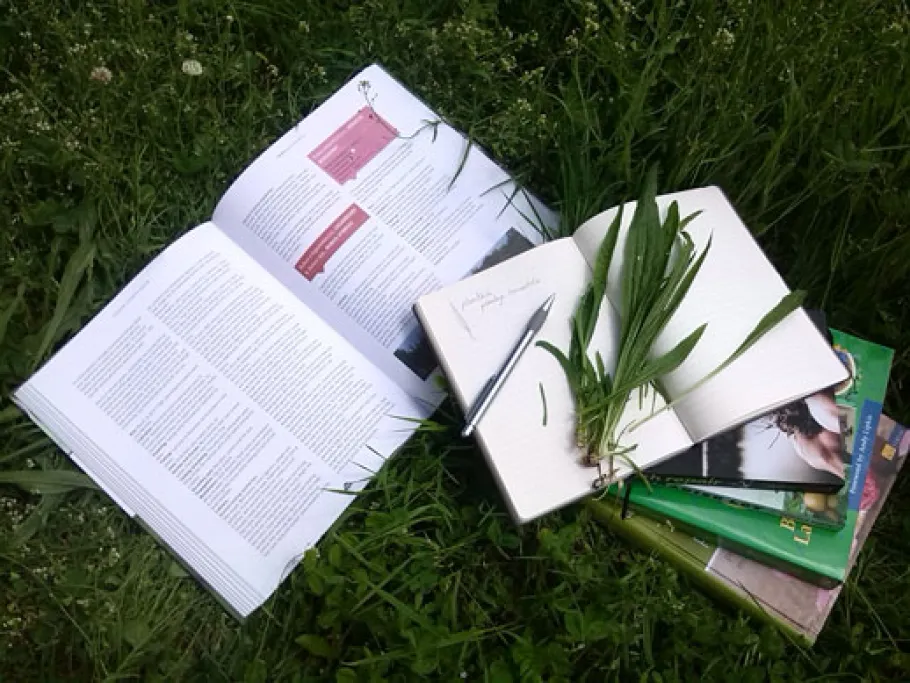
The accelerated learning approachis based on the observation that a holistic learner involvement enhances learning. This means that not just the intellect but the whole person and body are envolved. More precisely, this means not just the survivalist auto-run part of the brain but also the mid part responsible for feelings, emotions and memory as well as the neocortex part, which is connected to thinking, planning and creativity are activated altogether.
Therefore collaboration and interaction amongst learners greatly enhances learning.
The 5 Stages of accelerated learning
- Preparation of the learner. This stage provides positive feelings about the forthcoming learning experience through:
- Positive suggestions and beneficial statements
- Clear, meaningful goals
- Curiosity raising
- Positive physical, emotional & social environment
- Calming fears
- Removing learning barriers
- Raising questions and posing problems
- Participatory structures
- Presentation of content. This stage helps learners to encounter new learning material in interesting, enjoyable, relevant, multi-sensory ways that appeal to their learning styles through:
- Collaborative pretests and knowledge sharing
- Observations of real-world phenomenon
- Whole-brain, whole body movement
- Interactive presentations
- Colourful presentation graphics
- Variety to appeal to all learning styles
- Partner and team-based learning projects
- Discovery exercises (personal, partnered, team-based)
- Real-world contextual learning exercises
- Problem-solving processes
- Practice This stage helps learners to apply their new knowledge. Question-raising techniques help thereby to encourage learners finding their own way of understanding.
- Hands-on trial/feedback/reflection/ritual
- Real-world simulations
- Learning games
- Action-learning exercises
- Individual reflection and articulation
- Partner and team-based dialogue
- Collaborative teaching and review
- Teachbacks
- Performance This stage helps learners to apply and extend their new knowledge to their job so the learning is embedded and improving. This is a move from facilitator-led to learner directed education e.g. in a PDC this is from sessions (facilitated) to design activity (learner activity). This is where what is learned is integrated into real life through
- Immediate real-world application
- Creating and executing action plans
- Follow-up reinforcement materials and activities
- On-going coaching
- Performance evaluation & feedback
- Peer support activities
- Supportive organisational & environmental changes
- Celebration This stage is about reviewing the processes that have enabled the learner and teacher/mentor to undergo a connective and effective learning process and acknowledging them.
Article written by Sarah Daum on 30/05/2014
- Log in to post comments
